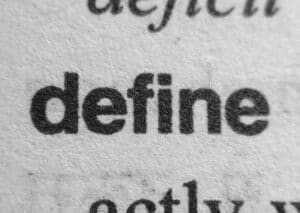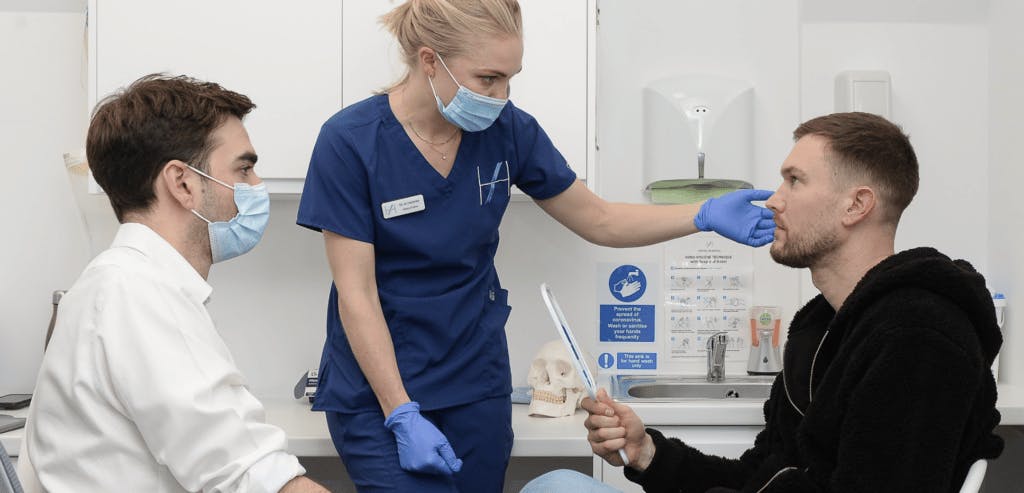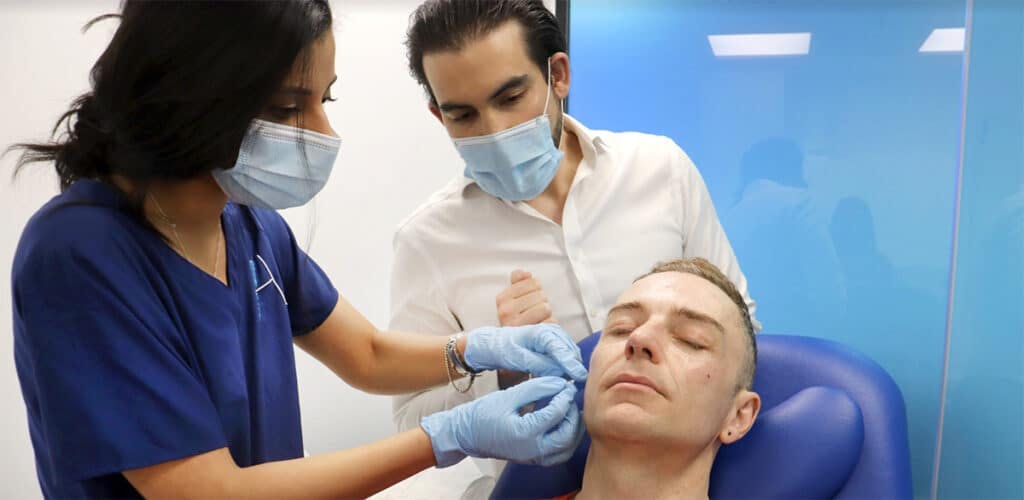JCCP Defines Medical Aesthetics Treatments

The Joint Council of Cosmetic Practitioners (JCCP) defines medical aesthetic treatments in its latest announcement.
In a document released on 18 May 2021, it offers guidance as to what constitutes cosmetic, medical and medically-related non-surgical aesthetics procedures. This covers those performed by medical professionals through to non-registered beauty therapists across the UK.
These definitions were devised and collated by the JCCP’s Clinical Advisory Group in collaboration with various other organisations across the UK aesthetics industry.
Determinations from a recognised industry body as to the medical or cosmetic nature of aesthetics treatments are extremely significant for three key reasons…
Better public understanding

Clearly setting out what is a medical, medically-related or cosmetic treatment, educates the consumer.
Changes in the rules as to how aesthetics services are advertised and marketed should hopefully follow these definitions. This allows for better public understanding of what exactly their aesthetics procedures involve and, therefore, who they trust to perform them.
The JCCP explains, “The JCCP’s Clinical Advisory Group has worked with representatives across the aesthetics industry to seek to better define what constitutes a ‘medical’, ‘medically-related’ or ‘cosmetic’ procedure with the aim of determining whether such procedures require evidence of a health-related benefit (physical and/or psychological, supported by a diagnosis and risk-assessed need, described within the context of an overall treatment plan).
“The result of this work has been to produce guidelines and a series of frequently asked questions that seek to narrow the gap in understanding within and across medical and non-medical, regulated and unregulated practitioner groups and their associated professional interest groups regarding operational definitions of what constitutes a ‘medical’, a ‘medically-related’ or ‘cosmetic’ aesthetic treatment.”
Step forward for industry regulation
Understanding these aesthetics treatment categories should benefit the industry’s regulation cause.
In a statement regarding the definitions paper, which has been shared with various regulators, the JCCP outlined the current situation that has made these definitions necessary:
“The JCCP acknowledges that no primary or secondary legislation exists currently within the UK to define what constitutes whether a non-surgical aesthetic procedure is determined to be medical or cosmetic in nature and considers that the implications and risks associated with treatments performed that might be regarded as being purely cosmetic are little understood and have not benefited from extensive discussion or purposeful debate.
“The understanding of what constitutes a ‘medical’, a ‘medically related’ and a ‘cosmetic’ treatment is not universally understood, despite attempts being made to define the concept of aesthetic ‘medical treatments’ on the basis of case law and legal opinion.
“For many regulators, procedures that are not viewed as being categorised as strictly medical are considered ‘purely cosmetic’, implying a lack of any meaningful health related component which may result in a tendency to understate the implications of treatment and its consequences. Further, this creates a challenge for practitioners in aligning their practice with relevant regulation.”
Organisations including the JCCP are working towards improving regulation and standards across the aesthetics industry. They are particularly focussed on the areas of education, practitioner qualifications and patient safety. Therefore, underscoring the medical nature of many aesthetics procedures should help these efforts to be taken more seriously.
Effect on VAT for aesthetics treatments

An interesting effect of this paper is that these definitions may be used to determine which aesthetic treatments are VAT exempt.
At present, VAT is charged on aesthetic treatments considered to be cosmetic, or non-medical, even if they are carried out by a registered medical professional. Only when a treatment is carried out to treat a particular medical condition do they become VAT exempt.
So, for example, botulinum toxin for facial rejuvenation reasons is considered to be cosmetic. As such, VAT is charged at the standard rate. Whereas botulinum toxin administered for migraines or hyperhidrosis ticks the “medical treatment” box. This is, therefore, exempt from VAT.
The fact that a medical professional is carrying out “medical aesthetics” treatments does provide something of a conundrum when it comes to VAT and is considered by many to be a grey area.
Current VAT rules
VAT rules as they currently stand – at the time of writing, at least; they are always subject to change – rely on the practitioner being able to support the categorisation they allocate to the treatments they provide. That is to say they need to provide evidence that the treatments they are providing are either medical (VAT exempt) or cosmetic (non-medical, standard VAT rate applies). Aesthetics practitioners who provide a mix of both medical and non-medical treatments are likely to be subject to partial exemption rules, which is another kettle of fish entirely…
Using the JCCP definitions of medical, medically-related and cosmetic treatments to support VAT claims is potentially a key development. It’s certainly something all aesthetics practitioners should be aware of. Speak to your accountant about this news. They’ll be able to keep you up-to-date with the latest rules and how they affect your business. We certainly advise asking them about the effects of these definitions on your VAT, especially if your accountant is not a specialist in medical accounting.

Our response to the JCCP’s defining medical aesthetics treatments
Harley Academy founder and executive chairman, Dr Tristan Mehta said of this JCCP announcement:
“Determining which aesthetics treatments are medical, medically-related or cosmetic goes a long way in communicating the risk involved and the skill required to carry them out. This guidance does, however, need to be properly communicated to the public – something I hope organisations such as the Advertising Standards Authority (ASA) will support and actively enforce.
“We are firmly of the belief that to be truly safe, ethical and effective, medical aesthetics procedures should only be carried out by licensed and fully-qualified medical professionals. This is the reason we believe in the Level 7 Diploma in Botox and Dermal Fillers. So that medics can receive a thorough education in injectables which is fit for purpose. As opposed to going into practice after an inadequate one-day course.
“As such, these definitions are an important step towards better industry regulation and greater public awareness. So we at Harley Academy warmly welcome this proactive move by the JCCP.”
All information correct at the time of publication
Download our full prospectus
Browse all our injectables, dermal fillers and cosmetic dermatology courses in one document
By submitting this form, you agree to receive marketing about our products, events, promotions and exclusive content. Consent is not a condition of purchase, and no purchase is necessary. Message frequency varies. View our Privacy Policy and Terms & Conditions
Attend our FREE open evening
If you're not sure which course is right for you, let us help
Join us online or in-person at our free open evening to learn more
Our Partners














STAY INFORMED
Sign up to receive industry news, careers advice, special offers and information on Harley Academy courses and services

